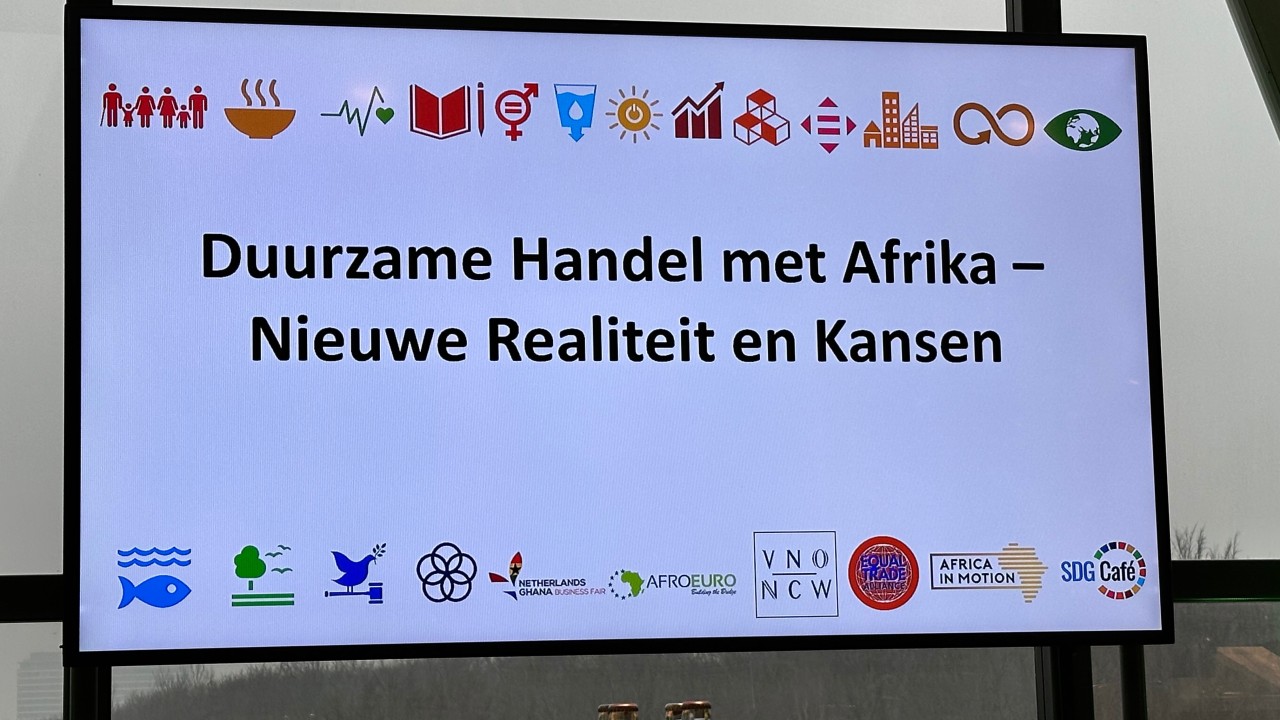Time to read: 5 min
In my previous article, I explored the potential unintended consequences that the EU Corporate Sustainability Due Diligence Directive (CSDDD) might have on organizations and individuals from developing and emerging economies. Now, let’s dive into three unintended consequences that the CSDDD could have on companies based in the EU.
Disproportionate Administrative Costs for SMEs and Micro Enterprises
Compliance requirements—such as environmental or human rights due diligence—can often result in higher per-employee administrative costs for smaller businesses than for large multinationals.
While larger companies may have the resources to set up specialized compliance teams, SMEs and micro entities may need to hire external consultants or divert crucial resources from growth, research, or product development. In other words, the mandate for a “cleaner” supply chain doesn’t magically scale down administrative costs for smaller enterprises.
Potential for Liability Overreach
Under the proposal, companies can be held liable for adverse human rights and environmental impacts in their supply chains, even when the harm is caused by distant suppliers.
Without clear boundaries for liability, companies could be exposed to costly lawsuits or forced into heavy “defensive compliance,” spending time and money on legal protections rather than on genuine, deeper improvements to their supply chains.
Heightened liability can deter companies from working with smaller or less-established suppliers in “riskier” regions, potentially cutting off vital business relationships for developing economies and hindering certain suppliers’ growth.

Competitive Disadvantage for EU-Based Companies
Increased compliance costs will most likely drive some production or partnerships outside the EU or towards non-EU competitors not bound by the same requirements.
For global firms, the directive could introduce a competitive disadvantage in pricing or supply chain flexibility. Some companies may be less willing to remain headquartered or primarily operated within the EU, giving competitors from North America and Asia the chance to replace them in those markets.
Other concerns include the risk of box-ticking without any meaningful impact, and the uncertainty in enforcement and varying national interpretations that will inevitably occur.
In the next and final part on this topic, I will address the potential knock-on effects of the directive. Stay tuned!
FamotaX. Jaequitas Fariq Ishaak Yvan Mbabazi, MBA Taiff Ishaak Irénée Dondjio Mattijs Renden NABC Netherlands-African Business Council
Connect with Jimmy Mbabazi



Leave a Reply